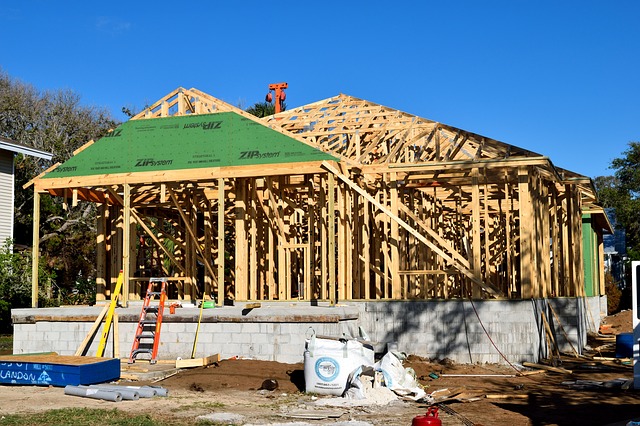Not only are certain types of insurance cover and warranties necessary to secure a mortgage, they’ll also help you hedge the risks which might affect you during building work.
Without the necessary financial investment no self-build, extension or renovation project will reach a successful conclusion. And with investment comes risk, as we’ve been made acutely aware in the past few years. Unfortunately there are no insurance policies which cover you for a potential devaluation of your home: if the finished product has lost value due to prevailing market conditions, then that’s a burden you’ll have to shoulder. But in most other instances you should be able to find adequate means to cover your property with insurance and warranties during and after construction, which should cost you anywhere up to 2 per cent of your overall budget.
From a moral and ethical perspective insurance should never be seen as an alternative to common sense or best practice methods of construction. Regardless of the duties imposed by statutory requirements there will always be a responsibility upon those ‘with influence’ to ensure that site safety is to the fore. The controlled use of plant, tools and equipment; the safe use of ladders and scaffold; awareness of existing or temporary utility cables, ducts or pipework as well as the habitual wearing of personal protection equipment (PPE) will all serve to reduce the risk of on-site injuries.
Beyond these physical risks there are the potential financial risks as a result of claims made against you by injured parties or due to natural calamity or theft. This is where insurance can help even the most conscientious of self-builders.
The combination and value of insurance cover you will require will depend on whether you are financing your home via a mortgage provider or bank or other lending institution. For those fortunate enough not to require any funding, insurance is still an important risk management tool. It is always best to investigate your insurance requirements well in advance of starting work on your project as most policies cannot be initiated after you have started the physical building work. There are some self-build insurance policies that can be taken out after work commences but it does depend on what stage the work has reached.
Many insurance policies which are specifically tailored toward self-build projects can only be used where you intend to live in the property once completed. If you are considering building as an investment for rental or sale then you must declare this when applying for your insurance. There are still self-build style policies to accommodate such circumstances.
Like many specialised fields, the terminology within the insurance business is varied; it is important not to confuse product names with generic terms, or vice versa. The same professional respect afforded to architects, engineers and quantity surveyors must be imparted to those within the insurance industry. They understand the products, the conditions, the limits and levels and above all else, the risks and liabilities. You have too much to lose if you are not adequately protected from risk. Insurance products differ depending upon jurisdiction and the current economic climate means that the terms, conditions and acceptability of some policies are constantly evolving. The internet can be a great tool for gathering general information to allow you to ask the correct questions, but it does not replace the advice of an insurance professional.

